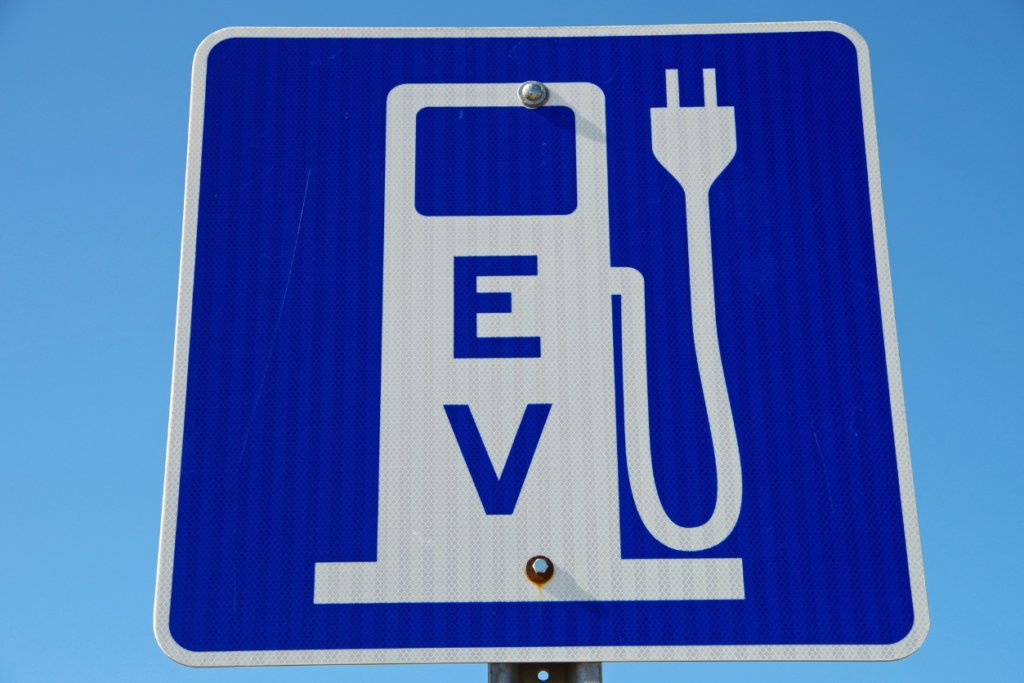5 Ways to Make a Cross-Country Trip More Sustainable

Road trips are all about having fun in new places and creating lifelong memories. The beauty of a cross-country journey is that you can enjoy it alone or with friends.
However, there are downsides. Driving long distances and being away from home can lead you to do more harm than good to the environment.
With that in mind, try these five strategies for making your cross-country adventure more sustainable.
Minimize Plastic Usage

Going on the road means you won’t have your typical assortment of metal forks, knives and spoons. If you stop at a fast-food restaurant, you’re more likely to use plastic utensils.
Most businesses use inexpensive and nonbiodegradable cutlery, increasing your negative environmental impact. The United Nations (UN) says 11 million tons of plastic enter the oceans annually, harming fish and other wildlife.
Minimize your plastic usage by bringing your utensils, whether metal or biodegradable. Alternatively, you could carry snacks and beverages from home in reusable containers to ensure you don’t use more plastic than necessary.
Find Low-Impact Activities and Accommodations
Many vacationers fill their itineraries with fun activities to ensure they get the most out of their time away from home. However, this agenda could be environmentally harmful if you aren’t careful. Some trip ideas could be less eco-friendly because of harmful practices. For example, entertainment venues may exploit or mistreat animals and threaten the species.
Instead, find low-impact activities that let you be in nature without harming it. National parks and wildlife sanctuaries are a terrific way to embrace Mother Nature and feel the fresh air on your skin. The money you pay at national parks goes toward maintenance and upgrades at the sites you visit and others nationwide.
Another way your cross-country trip could be harmful is by staying at a large resort with unsustainable practices. These facilities consume high amounts of water and electricity due to their amenities. Instead, research eco-friendly hotels to find businesses with environmentally friendly policies.
Drive a Hybrid or Electric Vehicle

Your method of traveling will impact how sustainable your trip is. Cross-country vacations typically entail using a car. Be mindful of the type of vehicle you use for the journey because the emissions can quickly make it unsustainable.
Gas-powered engines emit pollutants and worsen the air. The Environmental Protection Agency (EPA) says the transportation industry accounts for 28% of America’s greenhouse gas emissions.
Instead, opt for a hybrid or electric vehicle (EV). These machines are more efficient because they solely or partly rely on an electric powertrain to move. EVs have a more significant advantage because they have zero tailpipe emissions, ensuring sustainability wherever you drive. One downfall of EVs is their range, so plan stops at charging stations along your route.
Prep Your Trailer
Some people drive long distances to spend time in nature. These adventure-seekers bring their families, but they most look forward to riding around on recreational vehicles. These machines provide hours of fun but can take a toll environmentally.
Towing often means using a trailer, so ensuring your vehicle has a correctly sized hitch is crucial. Research your car’s towing capacity to see how much you can haul on the highway because making it work harder than necessary compromises your fuel economy. Additionally, obtaining the correct trailer hitch prevents damage to your car while on the road.
For example, an SUV or full-size sedan can use a class 2 hitch with a 3,500-pound towing capacity and a tongue weight capacity of 350 pounds. Conversely, a class 3 hitch suits large SUVs and trucks due to its 7,500-pound towing capacity and tongue weight capacity of 750 pounds.
Only Pack the Necessities

Heavy items in the trailer can slow your road trip by weighing down your vehicle and forcing you to stop for gas more often. However, you should also look at the inside of your car to ensure you’re not overloading it with your belongings. Suitcases, toys and other gear tax your suspension and make it harder for your car to move.
Check your vehicle’s maximum weight before loading the car. Your owner’s manual should instruct and explain how much your chassis can hold. Be conscious of your car’s weight by the pound. Every 110 pounds decreases fuel economy by 2%, so bring only the essentials to get through your trip. If possible, consider waiting to buy food and other bulky items until you reach your destination.
Being Sustainable on Your Cross-Country Journey
Cross-country trips take you from Alaska to Maine and everywhere in between. These adventures open the door for new experiences and unforgettable memories.
While they’re educational, road trips can negatively affect the environment if you’re not careful. Try these five tips for making your vacation more sustainable.
If you want to help the Earth further, consider purchasing carbon credits to offset emissions and help conservation projects worldwide.
Author Bio
Oscar Collins is the editor-in-chief at Modded. He has extensive experience writing about sustainability, green living and electric vehicles, contributing to publications like Earth911, Mindset Eco and Green Union. Follow him on Twitter @TModded for frequent updates on his work.